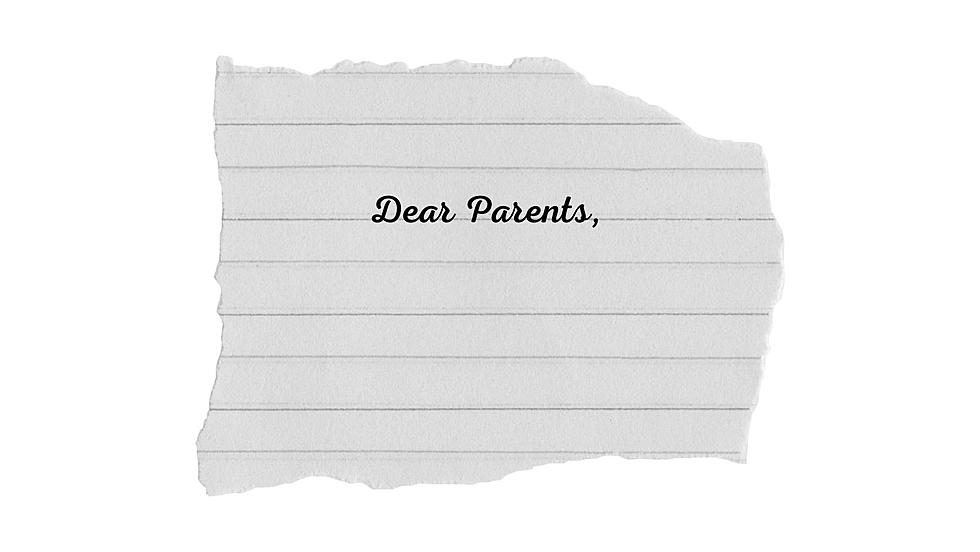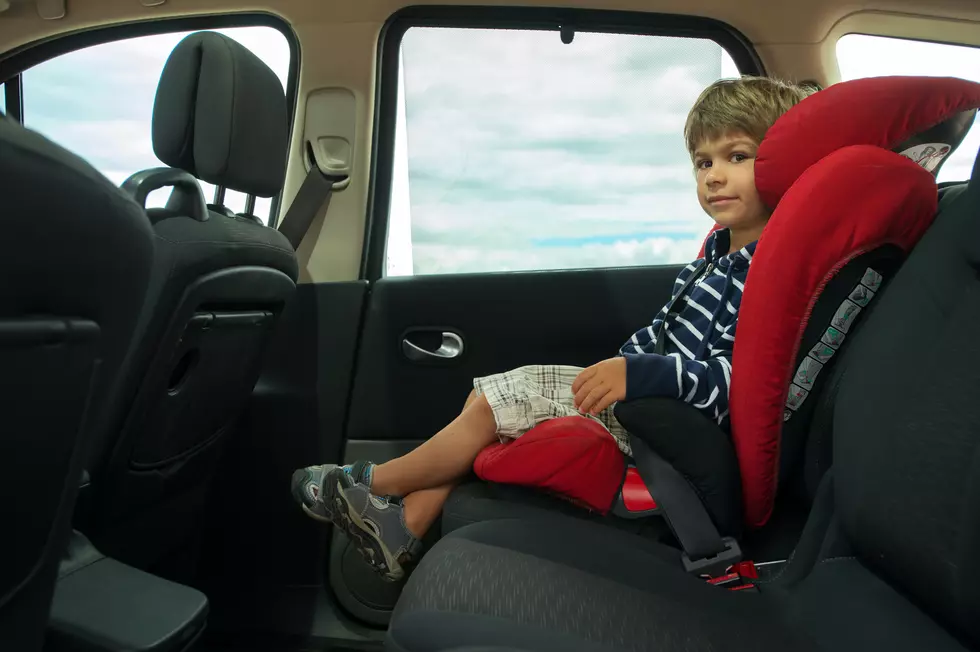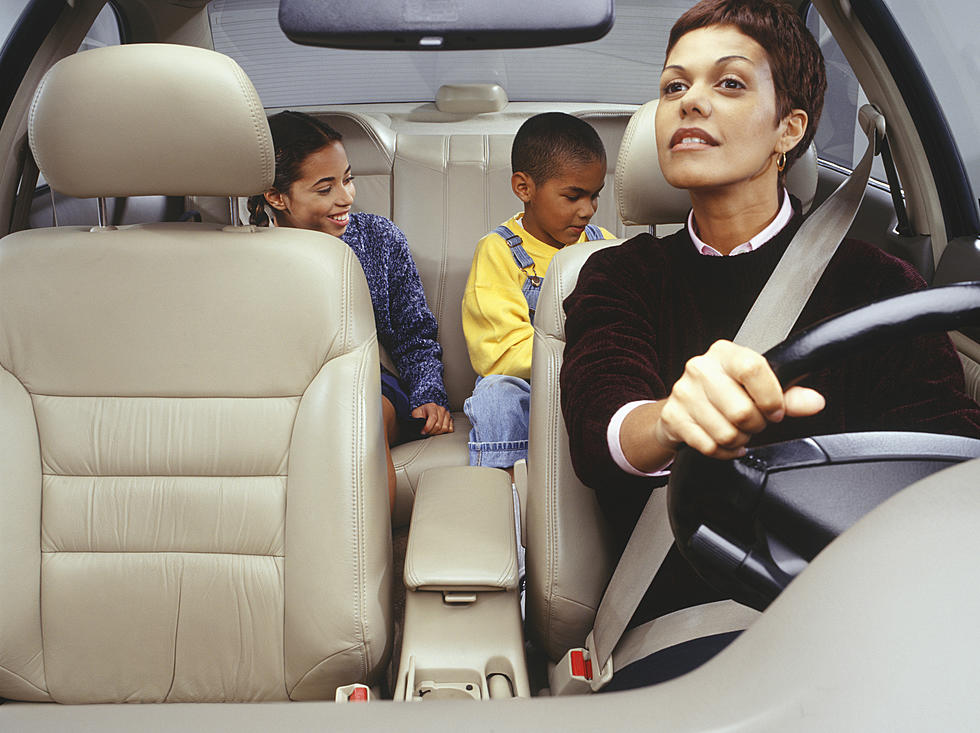
Rutgers Psychologist Helps Parents Emotionally Deal with Kids Moving to College
As New Jersey kids begin to move into college dorms, it can be a very emotional time, especially for first-time parents who have to let their babies go.
Many times, they don't know how to let their kids be alone because, for the last 18 years of their life, mom and dad have pretty much-controlled everything they've done.
There is a lot of uncertainty and emotions when moving a child into college. The less uncertainty there is, the better everyone feels, said Rutgers University psychology professor, Dr. Maurice Elias.
It’s especially hard for the parents because students will be with other students who are in the same boat. But the parents are often not with other parents in the same boat. The pressure is more on the parents than the child, he said.
What should parents do?
But Elias said parents need to have confidence in the school that they’re sending their child to and that means they have to put their “helicopter in the shed."
They must be willing to trust their kid and not feel like they have to micromanage everything that’s going to happen, and that’s not easy, Elias said.
Parents have to trust that they raised their kids to make the right decisions. That’s not always easy but it’s extremely important, he said.
Besides having confidence, Elias also advises parents the notion of when a child comes home or when a child eats, has to be put on the shelf.
“Every kid going to college establishes their own schedule and that schedule is not the time schedule that parents may have been able to enforce when kids were living at home under the parents’ roof,” Elias said.
Parents should also not be shocked if a kid is not home in their dorm or apartment when you think they should be there or if they’re having dinner at night. This is not a crisis, he said. The kids are simply finding their way in a new environment, so let them.
Parents also don’t need to know everything in their kids’ lives. Elias warned not to turn phone calls into interrogation sessions. Kids are not going to tell their parents every single thing that happens to them.

In fact, there’s a lot of excitement that goes on at college, he said. “There’s a lot of routines that go on like studying, looking for food, talking with friends, maybe having a job. These are things that don’t lend themselves to extensive detailed conversations,” Elias said.
What should the students do?
From the kids’ point of view, Elias suggested that it’s important they rely on the resources of the university first. That’s something adults do. They don’t call on the parents first. They call on others first. He said the kids’ peers and others around them will be the most help. Elias said the university needs to make this easier, too. People should be available to students, especially freshmen, 24/7.
This doesn’t mean students shouldn’t talk to their parents.
“Students shouldn’t feel if they need something from their parents, that somehow it’s an admission of inadequacy, that it’s an admission that they can’t cope. There are going to be things that they need,” Elias said.
Sometimes, it’s the parents who are the ones who can provide that help. It doesn’t have to be an all-or-nothing situation. He said no one is completely dependent on or independent of someone else. So, don’t hesitate to ask for help. Don’t go to your parents for every little thing. Try to work it out on your own first.
College move-in day can be filled with a zillion emotions which can often lead to fights and then parting ways is, often difficult. While it may not bother the child, the parent may feel said they didn’t get a proper goodbye.
Elias said if it’s possible, parents should consider visiting their child the day after move-in day if their schedules allow. That way things are more settled and parents and kids can part ways on better terms.
It will be okay, parents. You’ve done a great job raising your kid. Now trust in them and enjoy the silence at home!
LOOK: What are the odds that these 50 totally random events will happen to you?
More From Cat Country 107.3










